Nvidia's RTX 3070 is one of the most exciting graphics cards ever made
The RTX 3070 is a genuinely affordable card with the performance to alter the PC gaming landscape.
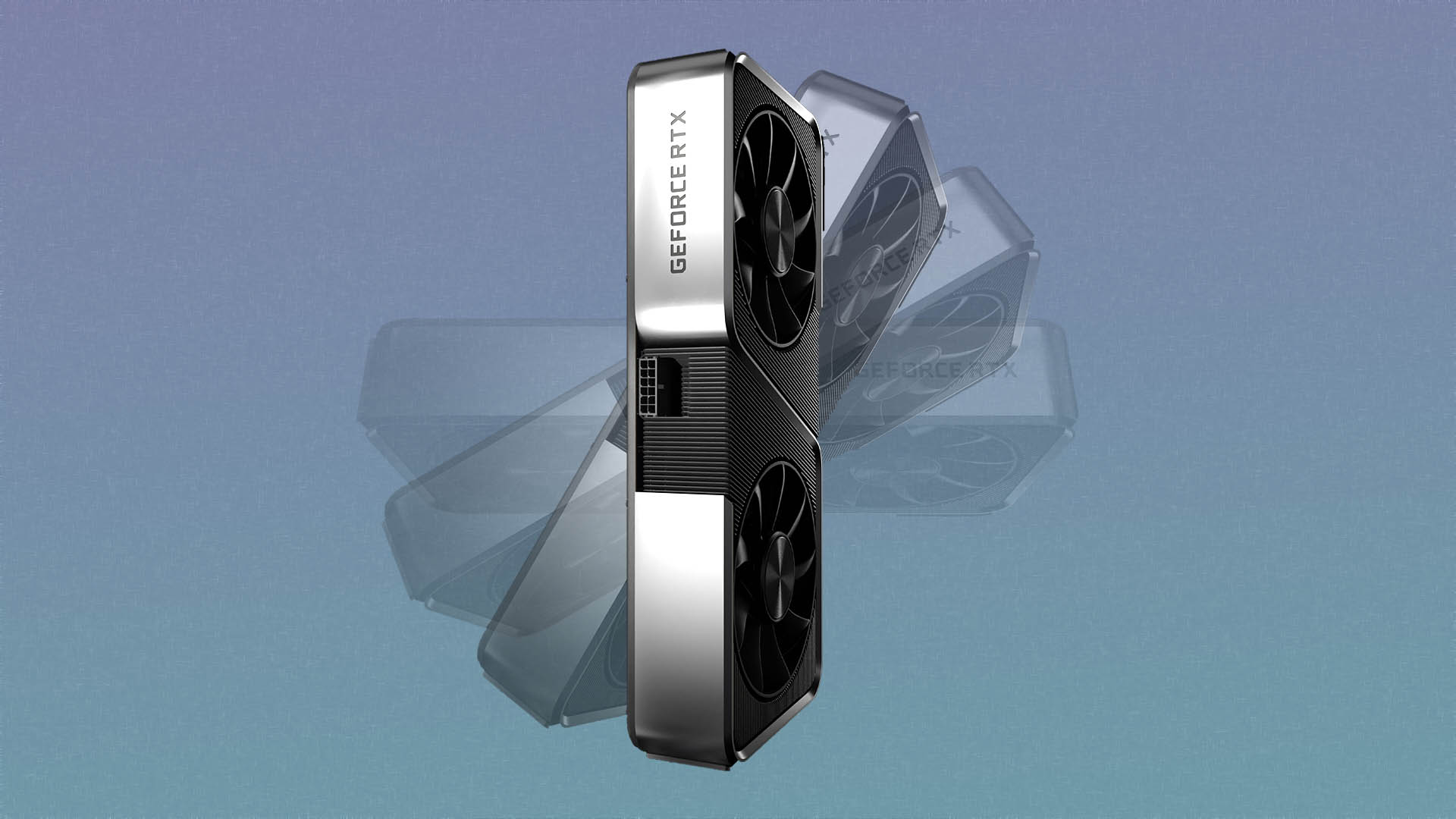
Earlier this week, Nvidia CEO Jen-Hsun Huang took to his kitchen to announce the first graphics cards of the Ampere generation. Ah, who am I kidding? You know all this already. It's been nearly impossible to ignore the whirlwind of excitement for the RTX 30-series, the "greatest ever generational leap" for the green team. Yet for all the excitement surrounding the RTX 3080 and RTX 3090—two colossally powerful behemoths—it's the graphics card we weren't even sure would show up that stole the show.
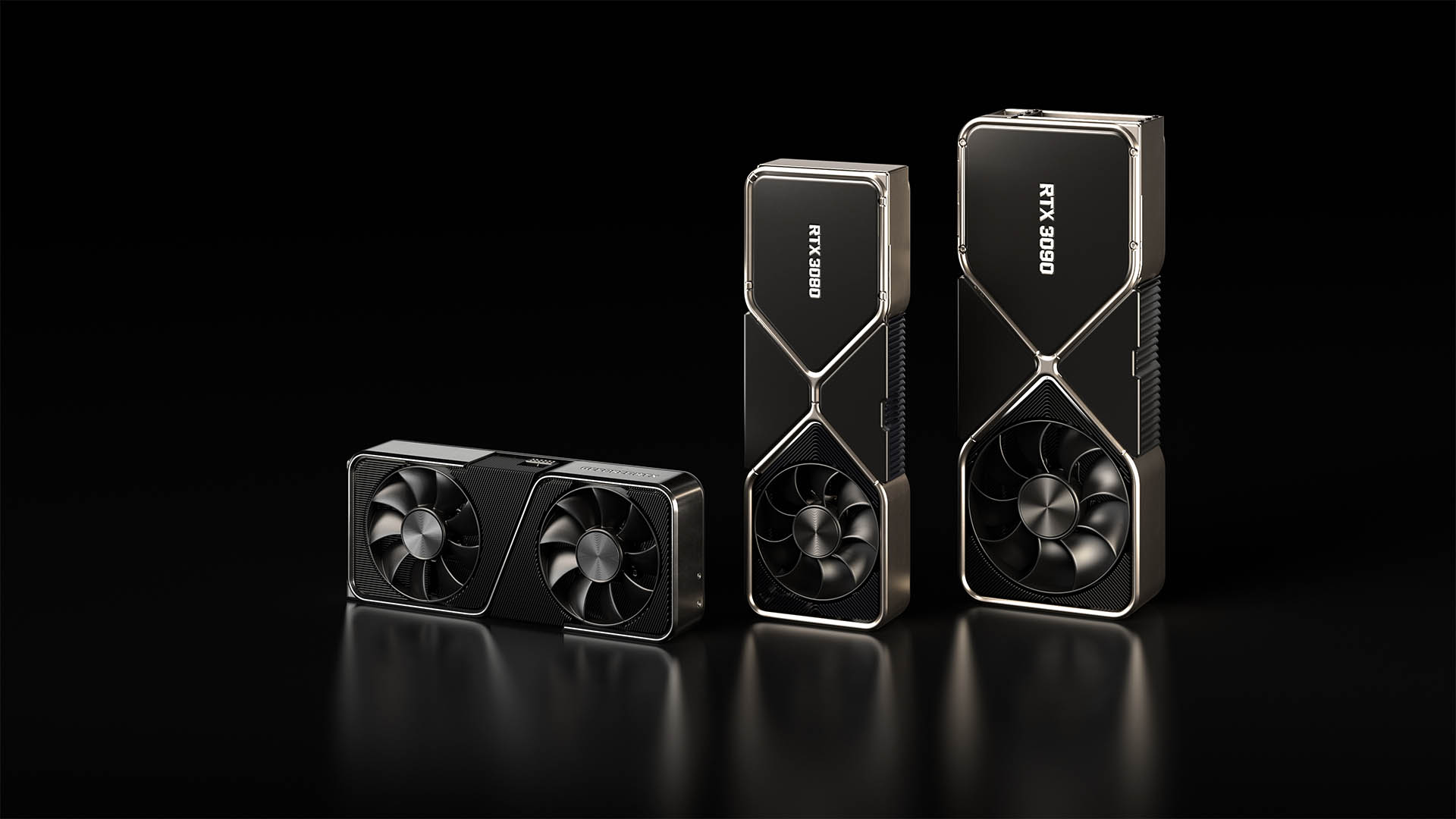
Didn't know all of this already? Don't fret, we won't leave you in the dark. Here's all we know about Nvidia Ampere, including release date, specs, price, and performance.
The Nvidia RTX 3070 is an incredibly exciting prospect for any PC gamer, although there was a time when it appeared as though it may only receive a passing mention during Jen-Hsun's announcement stream. But, as luck would have it, we heard all about the 'mid-tier' RTX graphics card during the event, after all. And its specs list alone is enough to give any PC builder a nose bleed.
The RTX 3070 is fitted with the Ampere GA104-300 GPU. Encompassing a grand total of 5,888 CUDA cores, this third tier GPU marks a 35% shader increase over Turing's top graphics card, the RTX 2080 Ti. Far from the moderate generational bump from Pascal to Turing, the tech specs certainly denote a leap of Evel Knievel proportions between Turing and Ampere generations.
From the RTX 2070 to the RTX 3070, we're looking at an even more colossal leap in core count. The RTX 3070 is over 1.5x larger than the RTX 2070—5,888 to 2,304 CUDA cores respectively.
Running an eye over the specs list, it's difficult not to get giddy like a kid on Christmas.
Not only a matter of scale, Nvidia promises further enhancements down to the Streaming Multiprocessor (SM) with Ampere. Both RT and Tensor Core have seen improvements to reduce the impact of ray tracing on frame times, and supposedly that will mean leaving the RTX performance penalty at the door.
It's a thirstier card than the RTX 2070, at least, requiring 220W from the wall where the RTX 2070 would require just 185W. That's true for all Ampere cards announced so far—the RTX 2080 Ti Founders Edition card topped out at 260W.
The biggest gaming news, reviews and hardware deals
Keep up to date with the most important stories and the best deals, as picked by the PC Gamer team.
| Graphics Card Name | RTX 3070 | RTX 2070 Super | RTX 2070 (ref.) |
|---|---|---|---|
| GPU Name | Ampere GA104-300 | Turing TU104-410 | Turing TU106-400 |
| Process Node | Samsung 8N | TSMC 12nm FinFET | TSMC 12nm FinFET |
| CUDA Cores | 5,888 | 2,560 | 2,304 |
| Boost Clock | 1,730 MHz | 1,770MHz | 1,620MHz |
| Memory Capacity | 8 GB GDDR6 | 8 GB GDDR6 | 8 GB GDDR6 |
| Memory Bus | 256-bit | 256-bit | 256-bit |
| Memory Speed | 16 Gbps* | 14 Gbps | 14 Gbps |
| TDP | 220W | 215W | 175W |
| Recommended PSU | 650W | 650W | 550W |
| Price | $499 | $499 | $499 |
| Release date | October | July 2019 | October 2018 |
| Row 11 - Cell 0 | *unconfirmed | Row 11 - Cell 2 | Row 11 - Cell 3 |
But perhaps that can be forgiven for parity in pricing. At $499, the RTX 3070 has flipped the entire graphics card market on its head. There are already multiple listings for RTX 2080 Ti graphics cards on Ebay at more than agreeable sub-$600 prices—and quite a few hopeful people still hoping for a return on their investment. Sorry bud, that is not going to happen.
Isn't that the case with all high-end tech, however?
You throw an ungodly sack of bills down at Nvidia's doorstep and in return you get to lord over all of us with your top-end performance for at least, let's say, six to 12 months. Maybe 18 months if you're lucky. We're sure to see the same thing happen with the RTX 3090 and its claims of 8K gaming—by the time we're all enjoying 8K gaming as the norm, the level of performance that monster card's 10,496 CUDA cores are able to offer will be but a distant memory at $1,499.
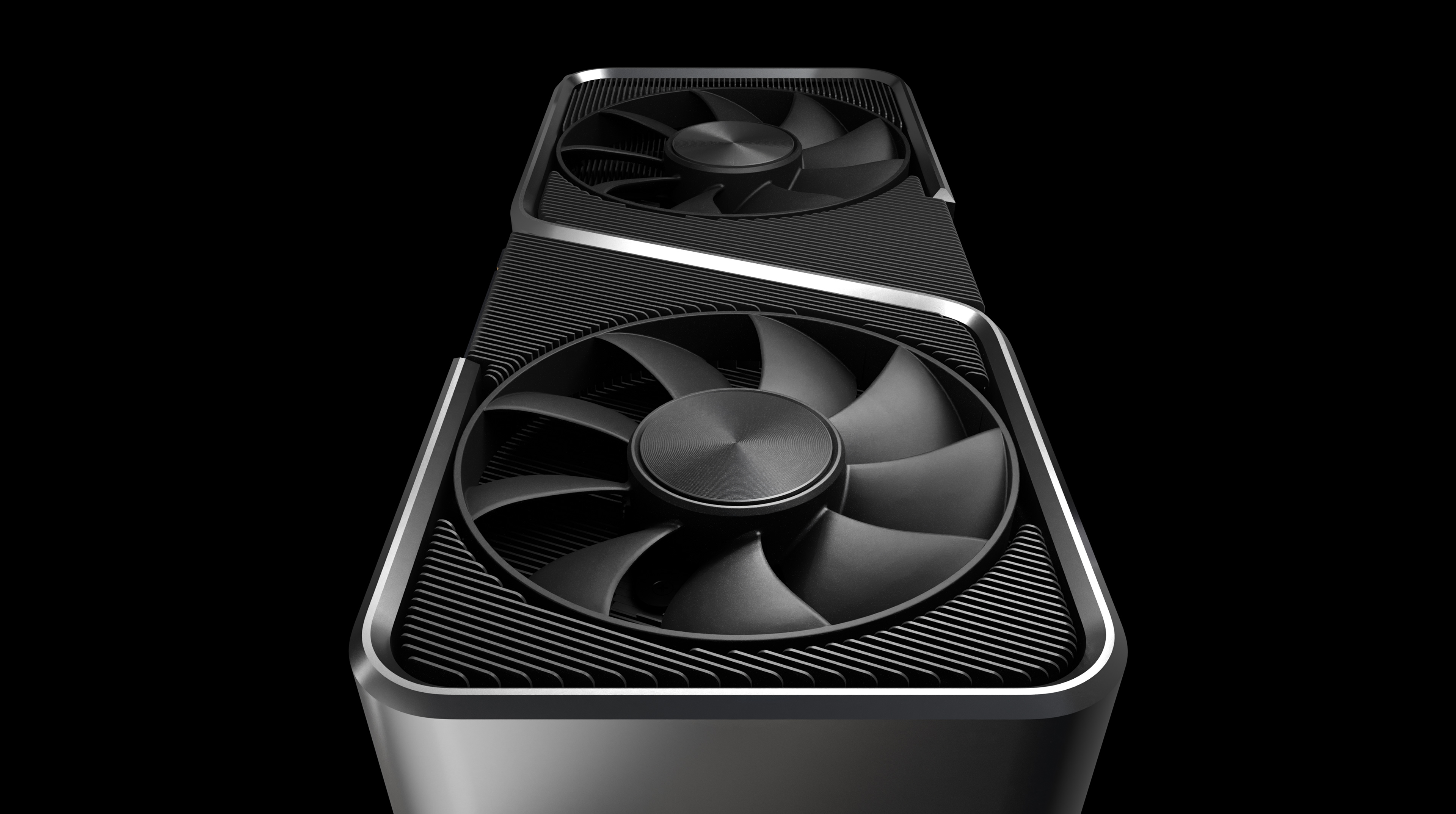
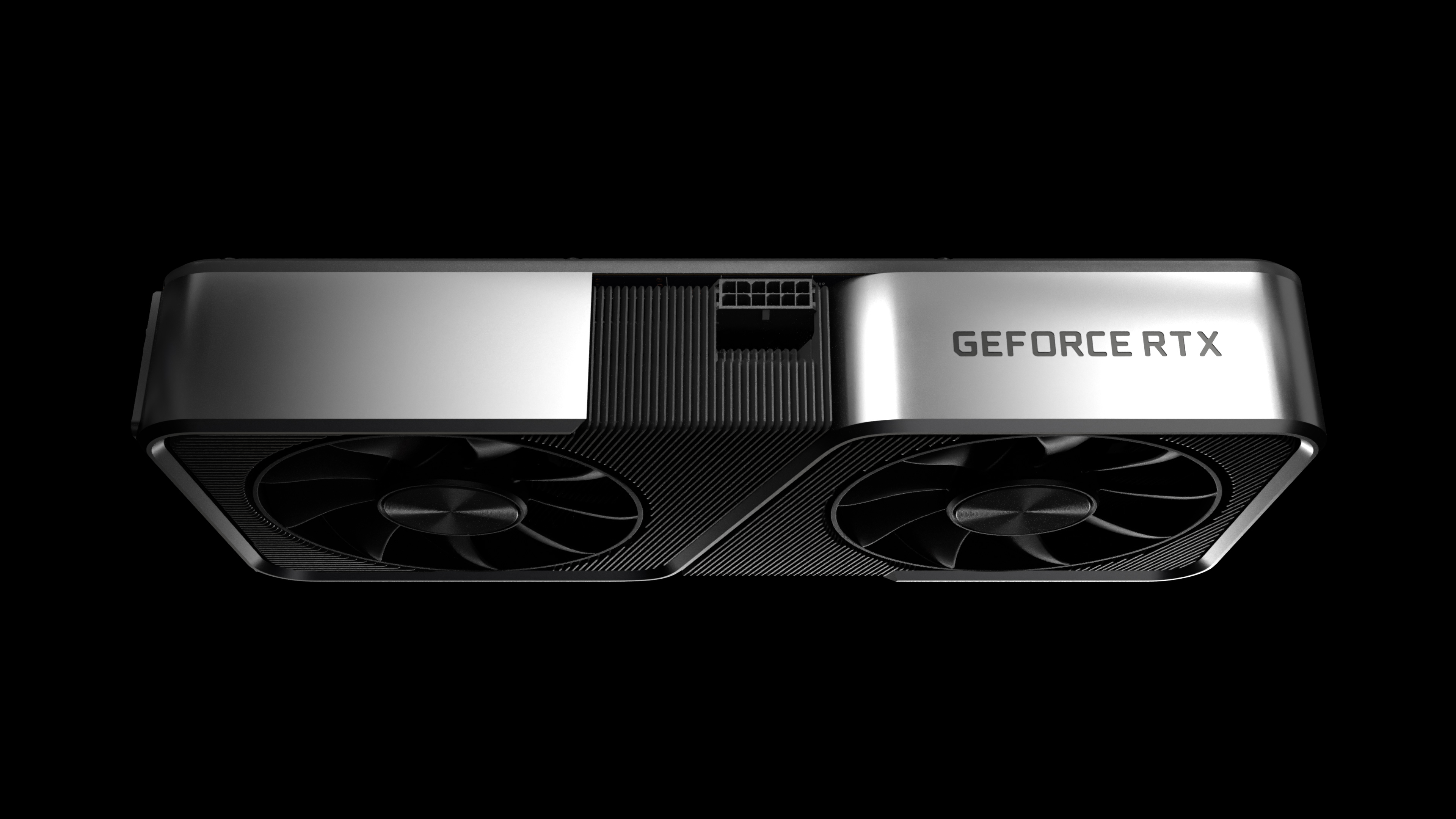
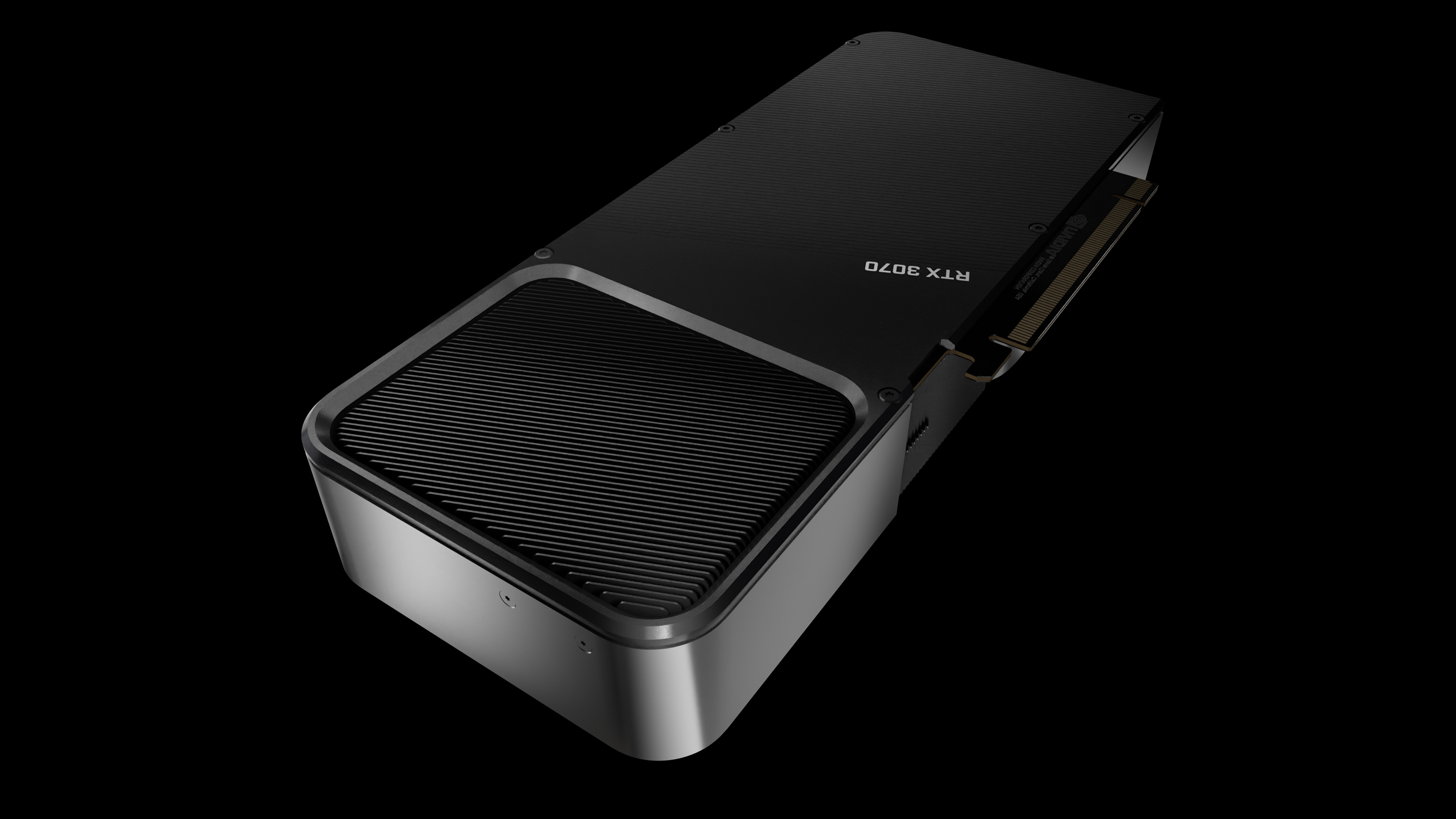
That's why the RTX 3070 appeals to my sensibilities. It's a high-end card you can be sure you won't regret in a few years time. It resides in that sweet spot of progressive performance attached to the entire tech industry, where it's effectively the high-end product of yesteryear in a far cheaper, and arguably more performant, package.
The tech specs certainly denote a leap of Evel Knievel proportions between Turing and Ampere generations.
While we can't yet speak to its true performance, it's undoubtedly a card that will bring ultra-grade 1440p at high refresh rates to an entirely new weight class of gaming PCs.
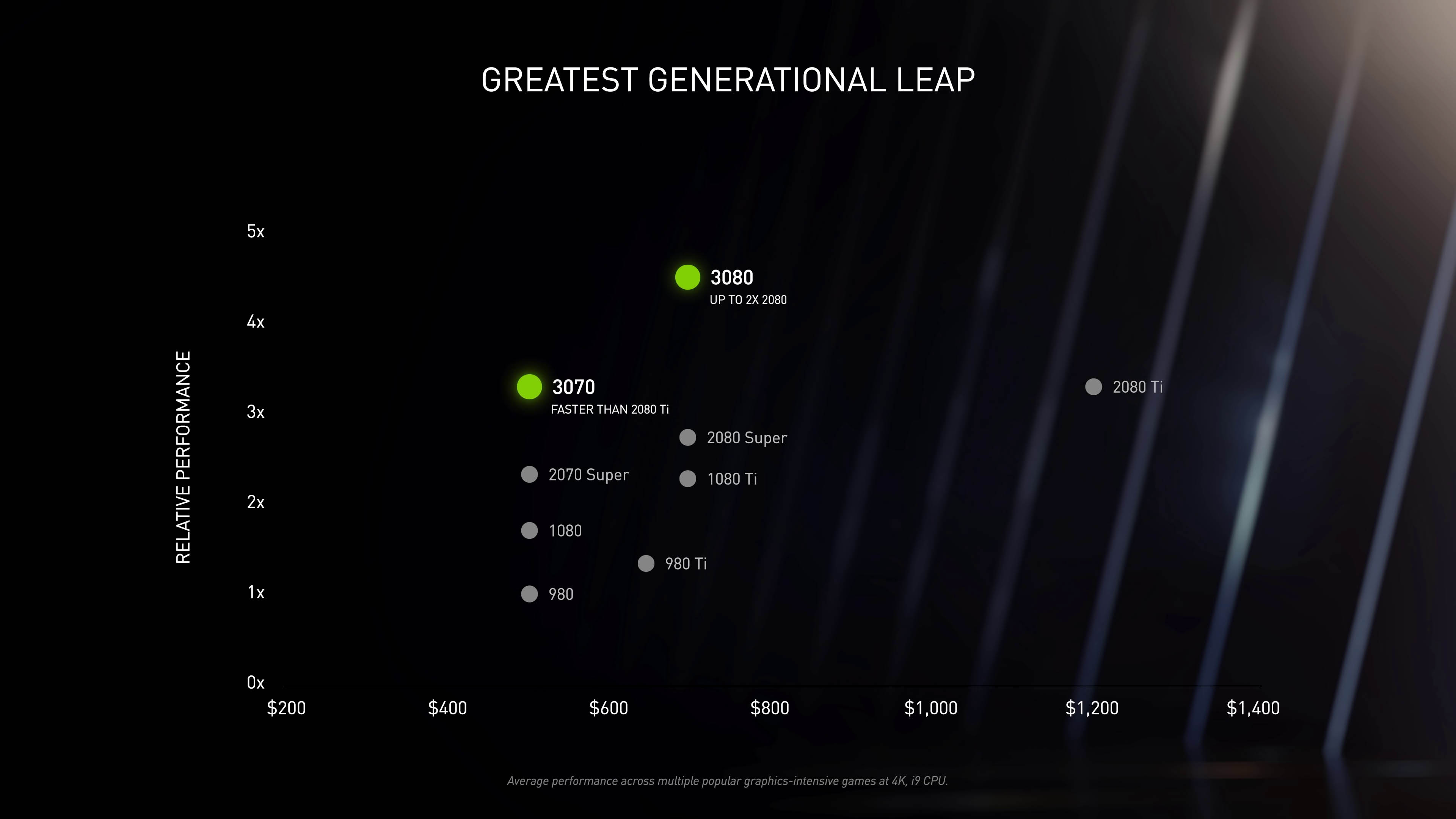
Nvidia reports performance "faster than a 2080 Ti", and that puts even conservative estimates for overall gaming performance during independent testing in the ultra high-end ballpark. Compared to its $499 predecessor, the RTX 2070, we can also expect performance some 1.6x faster at 4K, the company states.
If not destined to be as popular as the notably cheaper GTX 970 or GTX 1060, the RTX 3070 is sure to introduce a new aspirational goal for many a PC builder. And as an aside it's sure to bring out, or act as a pre-emptive strike on, the best in AMD's RDNA 2 graphics performance at a price we can more easily stomach too.
What I'm saying is: it's a good time to be in the market for a new gaming PC. Bring on October.

Jacob earned his first byline writing for his own tech blog. From there, he graduated to professionally breaking things as hardware writer at PCGamesN, and would go on to run the team as hardware editor. He joined PC Gamer's top staff as senior hardware editor before becoming managing editor of the hardware team, and you'll now find him reporting on the latest developments in the technology and gaming industries and testing the newest PC components.

